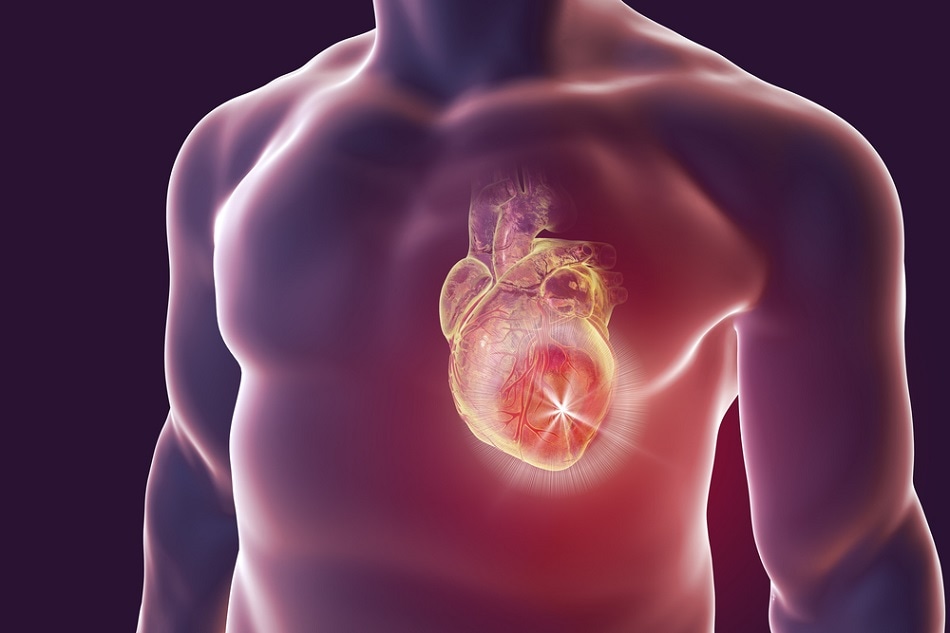Sep 21 2017
Treatment options for heart disease and heart-related illnesses are still limited despite the fact that they are the main causes of death across the globe. Presently, one group reports in ACS Nano that it is possible to repair damage to the heart by encapsulating stem cells in a nanogel.
 Kateryna Kon/ Shutterstock.com
Kateryna Kon/ Shutterstock.com
Myocardial infarction, also referred to as heart attack, inflicts damage to the muscular walls of the heart. Scientists have attempted several techniques for repairing this damage. For instance, implanting stem cells directly in the heart wall , however the cells usually do not take hold, and sometimes they induce an immune reaction. Injectable hydrogels - substances that are composed of a polymer and water is another treatment option being investigated.
Naturally occurring polymers such as collagen and keratin have been used but their composition can differ between batches and in addition they are costly. Therefore, Ke Cheng, Hu Zhang, Jinying Zhang and colleagues wanted to investigate to see if placing stem cells in inexpensive hydrogels with designed tiny pores that are produced in the laboratory was a good idea.
The group encapsulated stem cells in nanogels, which are primarily liquid but later turn into a soft gel when at body temperature. The nanogel did not have any adverse impact on the stem cell function or growth, and the encased stem cells did not induce a rejection response either. On injecting these enveloped cells into pig and mouse hearts, the Researchers saw increased cell regeneration and retention when compared to directly injecting just the stem cells. Moreover, the heart walls were strengthened.
Ultimately, the group was successful in testing the encapsulated stem cells in pig and mouse models of myocardial infarction.